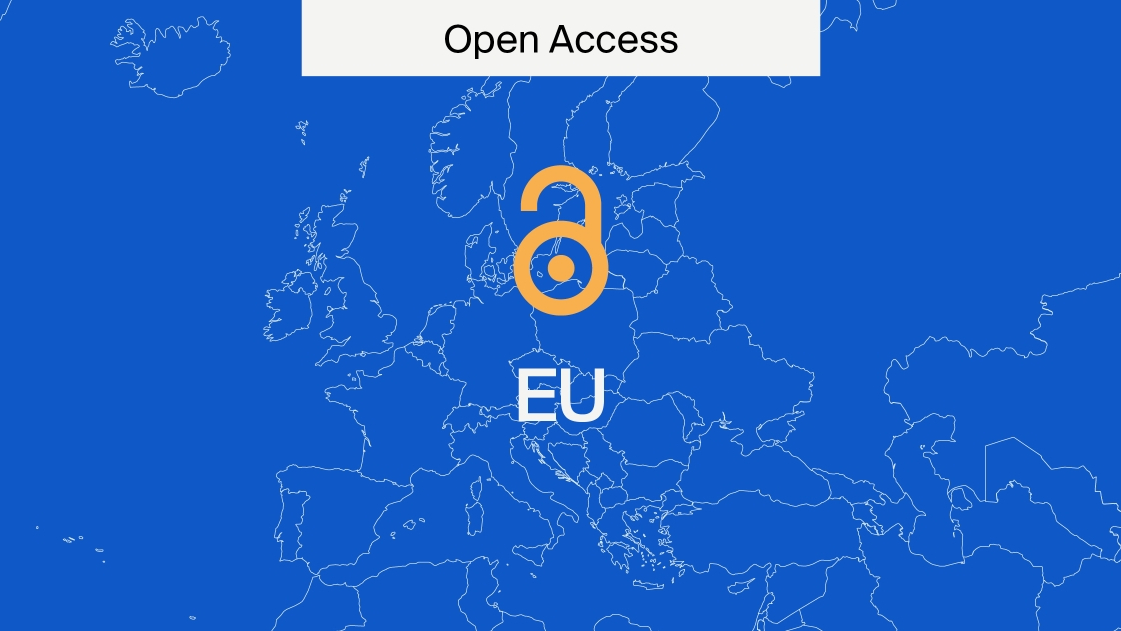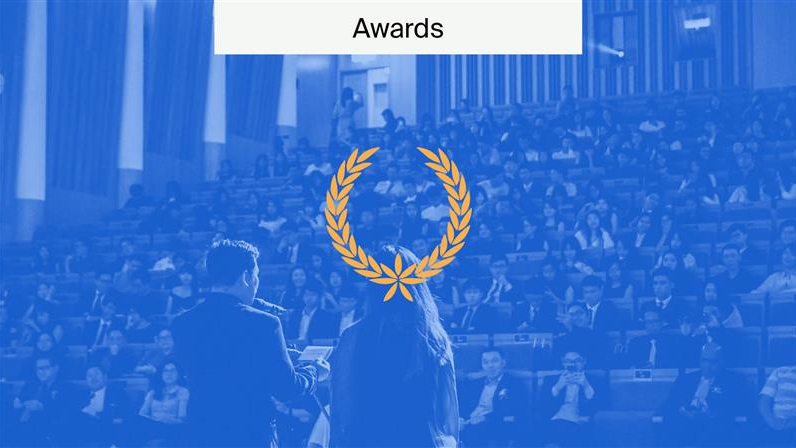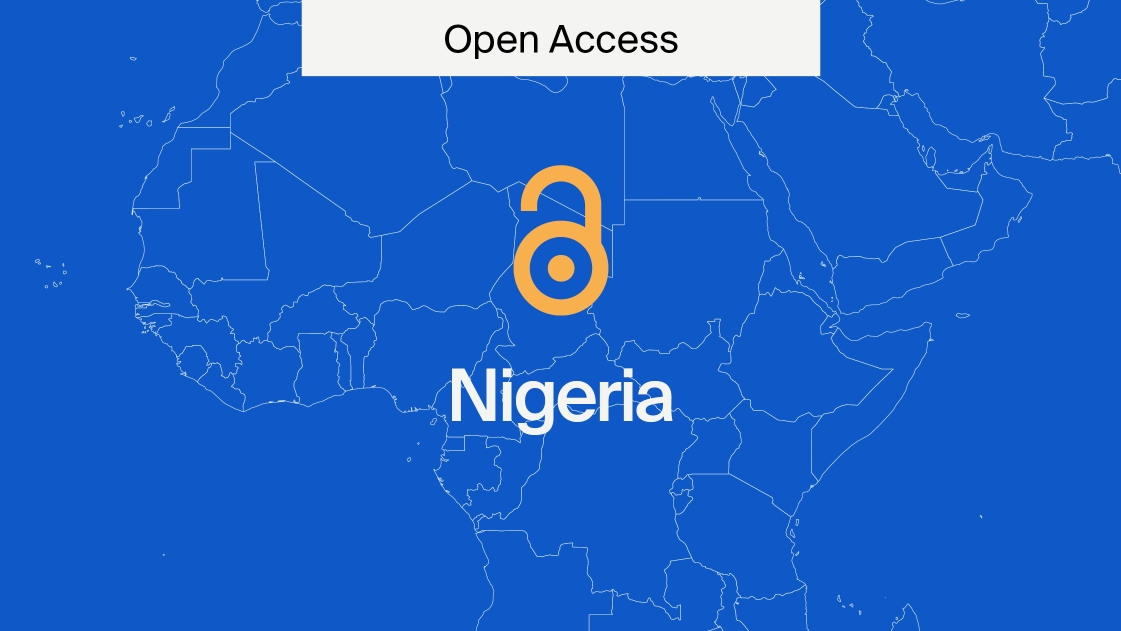
Happy First Birthday to Preprints.org
Today marks one year since the very first preprint was posted at Preprints.org. Over 1400 preprints later, we are pleased to say that the platform has grown very well over that time and want to say a big thank you to all who have supported us. We have posted the work of over 5400 authors and receive more than 30,000 page views per month. Why do we bother? Here are a few of the advantages of them:
1. Rapid dissemination
Preprints make the latest research available before or during peer review. This benefits authors by getting their work exposed to a large audience quickly. Other researchers can start to make use of their work as soon as possible, speeding up the entire scientific process. This fits in with MDPI’s overall mission for the rapid communication of research.
2. Make your work citable
Preprints.org was the first preprint server to use Crossref’s doi schema specifically developed for preprints. This means that preprints can be cited immediately after posting and linked to a peer reviewed version when it appears. This is especially useful for grant applications, where initial results can be formally referenced before the peer review process has finished. An increasing number of funders are recognizing preprints in grant applications, including the NIH.
3. Get feedback before journal submission
Via the commenting feature, authors can receive feedback from their colleagues. We have partnered with Publons to ensure that those who comment can also receive recognition for their feedback.
4. Make your work open access
By publishing under a Creative Commons CC BY license, we ensure that they are truly open access. This means there are no barriers to reading, reusing, mining, or remixing preprints, while ensuring that authors get the recognition they deserve for their work.
The future of preprints
What’s in store for the future of Preprints.org? We are looking at ways to get encourage even more comments on the site (you can never have enough feedback!) and involve the research community more closely. We are also looking forward to another year of growth across all disciplines.










